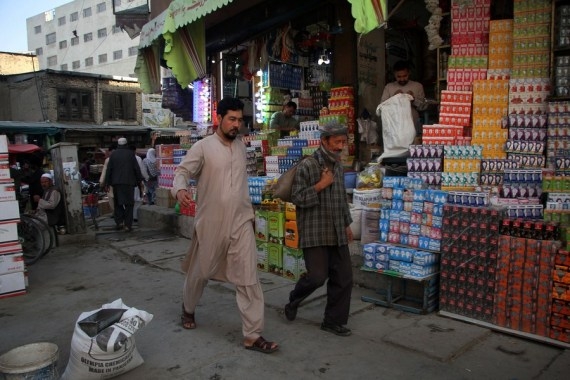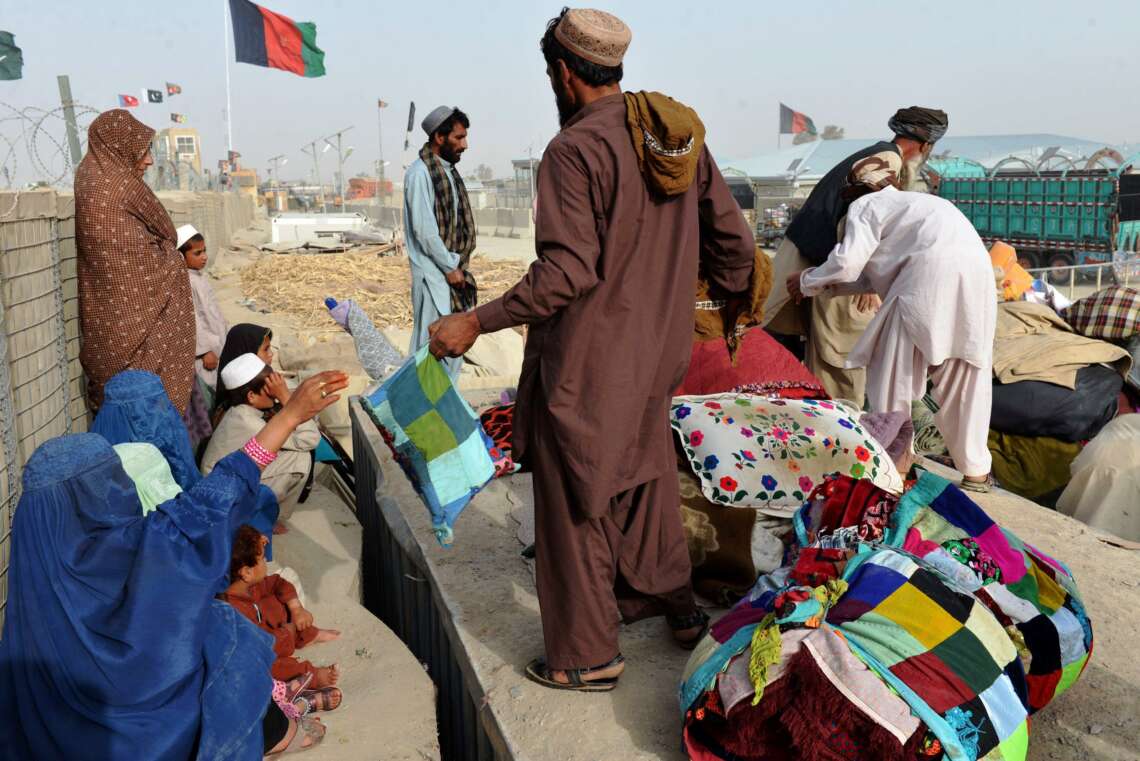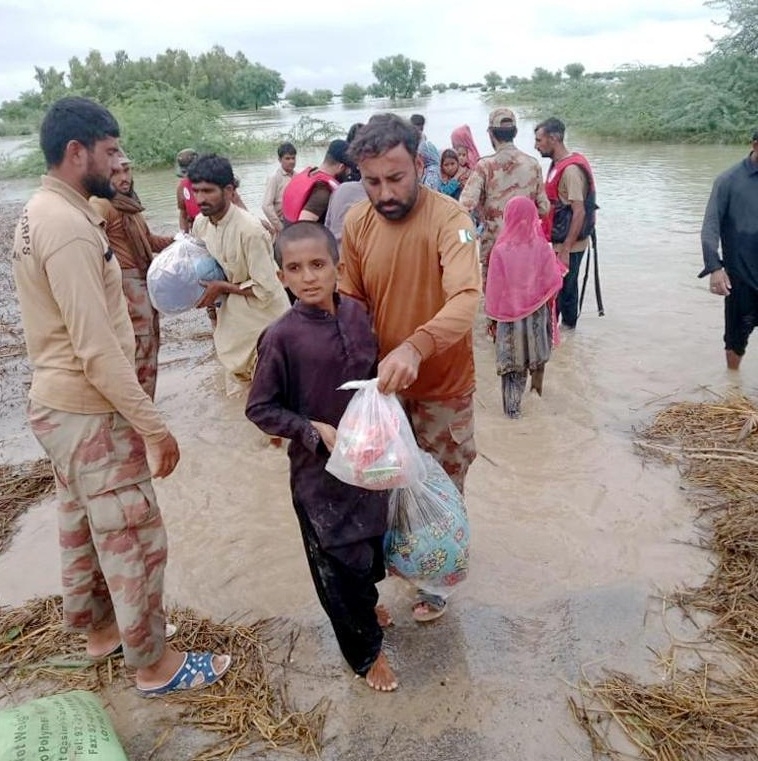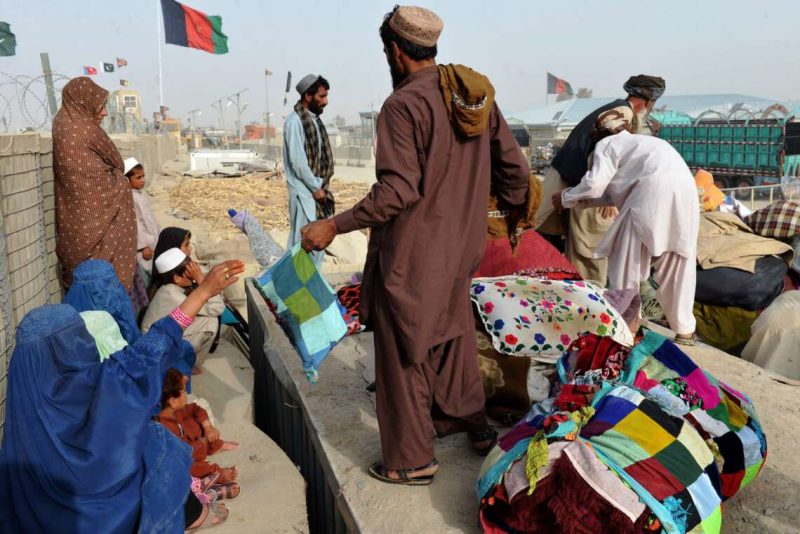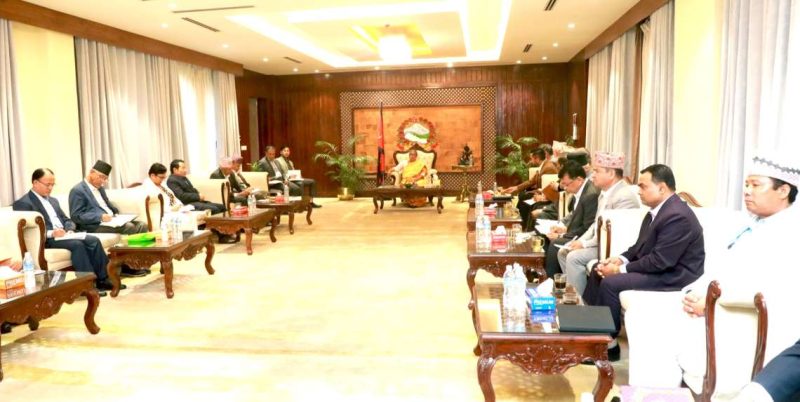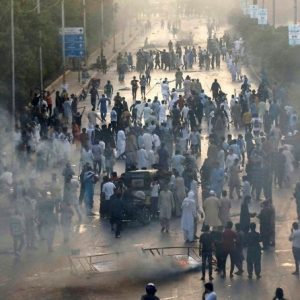Afghanistan restores internet after three-day blackout; humanitarian aid, trade, and banking resume slowly, while UN warns repeated disruptions threaten recovery and livelihoods for millions of citizens.
Internet and telecom services were partially restored across Afghanistan on Wednesday after a 72-hour nationwide blackout that paralyzed communications, disrupted trade, and slowed humanitarian aid, Tolo News reported. Residents, however, reported slow speeds, technical restrictions, and deep concern over the risk of future abrupt disruptions.
The blackout, imposed on Monday evening under senior leadership orders, left schools, offices, and businesses struggling to operate. Banking systems, customs offices, money exchanges, and airports were severely affected, with flights in and out of Kabul suspended for more than a day. Trade, already fragile in the post-pandemic economy, slowed to a near standstill, leaving businesses and households scrambling to manage daily operations.
While fiber optic and mobile networks have returned, users in provinces including Herat, Kandahar, and Kabul reported limited access. Social media platforms and news websites were intermittently available, but unstable connectivity hampered communication, research, and the daily flow of information. Residents expressed cautious relief but warned that repeated blackouts could inflict long-term damage on education, business, and livelihoods across the country.
Civil society activists emphasised the fragility of Afghanistan’s communications infrastructure and called on authorities to treat internet access as a basic right. “Abrupt nationwide suspensions disrupt not only businesses but also education, healthcare, and daily life. This undermines confidence in public systems,” a spokesperson for the Afghan Civil Society Network told reporters.
The United Nations also raised alarms over the blackout, noting its impact on earthquake relief efforts following the devastating tremors in August. UN humanitarian coordinator Indrika Ratwatte highlighted that telephone and fiber-optic services had been shut “until further notice,” leaving relief teams unable to reach remote communities, especially in mountainous regions such as Kunar. Displaced families remain in dire circumstances without timely aid, Ratwatte said, stressing that extended shutdowns delay critical recovery and risk worsening economic and social hardships.
Financial services were also severely affected. International money transfers, local banking transactions, and community financial systems ground to a halt, leaving residents without access to critical funds. Observers warned that the disruption jeopardised livelihoods and humanitarian operations simultaneously, compounding the suffering of vulnerable populations.
Air travel to and from Afghanistan faced significant disruption as well. Flights scheduled on Monday evening were suspended, stranding passengers at Dubai International Airport and leaving them anxious about when operations would resume. Images circulated on social media showed crowded terminals with passengers waiting in uncertainty, amplifying concerns about safety and communication breakdowns. Afghan expatriates also struggled to contact family members inside the country, exacerbating fears over their welfare during the blackout.
Despite the restoration of services, the event has drawn widespread criticism. Civil society organisations and international human rights groups urged Afghan authorities to ensure uninterrupted access to the internet, citing its essential role in education, commerce, and humanitarian coordination. The UN warned that failing to maintain stable communications would impede recovery efforts and prolong hardships in Afghanistan’s already fragile social and economic landscape.
Experts have noted that the blackout underscores deeper structural vulnerabilities. Afghanistan’s reliance on limited telecommunications infrastructure makes the country susceptible to nationwide shutdowns, highlighting the need for modernisation and safeguards to protect critical digital and communications systems.
As internet and telecom networks resume operations, Afghans remain vigilant, aware that even temporary disruptions can have cascading consequences on daily life, business continuity, and humanitarian response efforts. Civil society activists, aid agencies, and citizens alike are calling for both technological investment and policy safeguards to prevent future crises.


